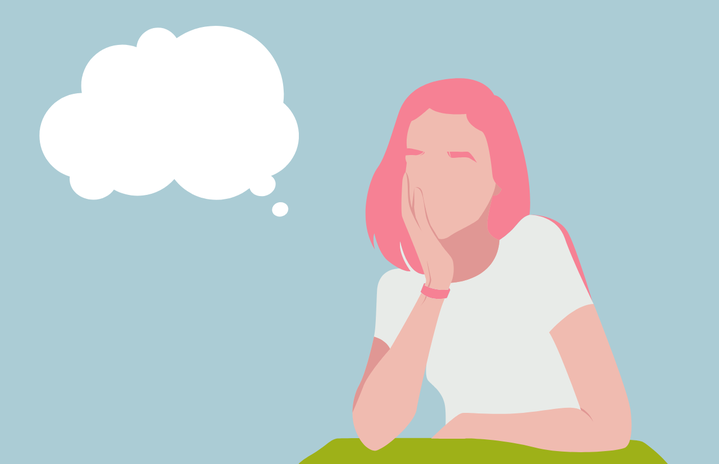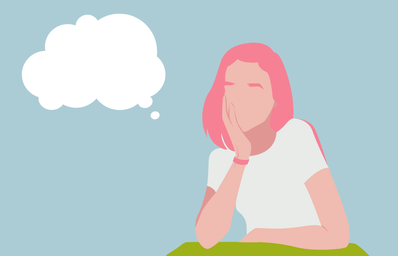Following my previous article, I thought it would be essential to talk about what no one tells you about anxiety and the difference between an anxiety attack and a panic attack. There’s no need to sugar-coat it: dealing with anxiety is confusing; whether you’ve been diagnosed or you have been living with it for a long time, it’s not easy, regardless.
Anxiety is what we feel when we are worried, tense or afraid – particularly about things that are about to happen. It can also be caused by several triggering things and can even be linked to other mental illnesses. It’s our body’s natural response when we feel under threat. While nervousness is a common symptom of anxiety disorders, they are not the same thing. Everyone feels nervous from time to time, but anxiety is a constant and more intense feeling.
This is what nobody tells you about anxiety:
- It creeps up on you out of nowhere.
- It keeps you up at night.
- It also has physical symptoms, such as muscle aches.
- Ignoring your anxiety won’t make it go away.
- It can affect your relationships.
- Telling someone who is having a panic attack to just ‘calm down’ doesn’t help.
- It makes you feel nauseous.
- Everyone’s experience is different.
- Being nervous is not the same thing as being anxious.
- There are so many things that can affect your anxiety.
But what is the difference between an anxiety attack and a panic attack?
You might hear people say that panic attacks and anxiety attacks are the same, but they are entirely different conditions. Panic attacks come suddenly and involve intense and overwhelming fear, accompanied by physical symptoms. Anxiety attacks, on the other hand, include feeling worried, distressed or scared. Anxiety is the feeling of anticipation of a stressful situation, experience or event and comes more gradually. However, they can also share similar symptoms, making it feel hard sometimes to differentiate the two.
These are some common symptoms of both anxiety and panic attacks:
- Shaking
- Sweating
- Crying
- Headache
- Feeling lightheaded/ dizzy.
- Difficulty swallowing
- Heart racing
- Overthinking
- Feeling nauseous
- Feeling like you’re being choked.
- Shortness of breath
- Chills
- Digestive issues
- Body aches
If there is one thing you can take away from this, it’s that nervousness is a perfectly natural response to a new experience or situation outside your comfort zone. This feeling is temporary, and you will feel better once the cause is over. I urge those reading to check up on your friends if you think they are struggling.



